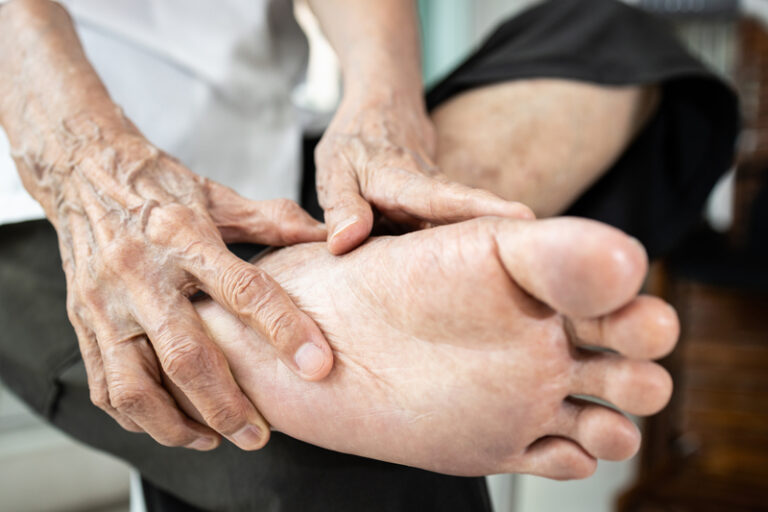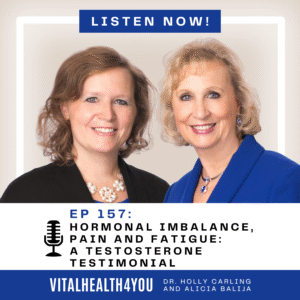Many people today are suffering from toes/feet or fingers/hands that burn, tingle, feel numb and yet painful at the same time. It often comes with pricking sensations or stabbing, shooting pains. There may be sensitivity to touch, muscle weakness or loss of balance or coordination, often because people can’t feel the bottoms of their feet. The feet and lower legs are the most common area of involvement. It is caused by damage to the peripheral nerves and can result from a wide variety of underlying factors.
To understand how to best help Peripheral Neuropathy (PN), we have to understand these underlying factors. The leading cause is diabetes, or diets high in sugar intake. Diabetes damages the small blood vessels that supply nerves, especially in the feet and legs. But other conditions also damage the nerves – severe infections (HIV, shingles, Lyme disease, Hepatitis B & C), toxins (arsenic, lead, mercury and excess alcohol consumption), medications (chemotherapy drugs, antibiotics, anticonvulsants, cardiovascular drugs), physical injury or trauma (accidents, surgery, repetitive motion), poor blood circulation, chronic liver or kidney disease, certain cancers and autoimmune diseases.
The treatment approach would entail addressing those conditions. Some damage is too great to reverse completely, but most people respond well to acupuncture and get great relief.
Acupuncture can help peripheral neuropathy by improving blood flow especially the capillaries that support nerve healing, thus stimulating nerve repair; reducing pain by modulating the pain signaling pathways in the nervous system; and enhancing quality of life. This is particularly true with diabetic and chemotherapy-induced neuropathy.
Compared to medications, acupuncture is associated with fewer and milder side effects, making it a suitable option for patients who cannot tolerate standard drug therapies.
Nutrition is a big part of the picture as well. Diets high in sugar and refined carbohydrates have been found to play a significant role in nerve degeneration or damage. Eating a diet sufficient in essential fatty acids is a critical part of restoring function. Deficiencies in B vitamins are also strongly linked to PN both in causing damage, and restoring function. However, most people take synthetic B vitamins, believing they will help, but it doesn’t work properly. The body needs it in a concentrated food form to address something as critical as healthy nerve functioning.
Lifestyle factors can also contribute and altering them can help: A sedentary lifestyle reduces blood flow to extremities, impairing nerve regeneration and elevating the risk of developing PN. Smoking, alcohol, coffee, and a poor diet, especially sugar intake and bad oils, particularly seed oils, contribute to the damage that impairs nerve health.
Peripheral neuropathy can improve with the right approach—addressing root causes, improving nutrition, enhancing circulation and nerve restoration, and using therapies like acupuncture to relieve pain and restore function.
Want to hear more from Dr. Carling? Check out our podcast. Search for VitalHealth4You on your favorite podcast listening app or go to vitalhealthcda.com/podcasts/
©2025 Holly A. Carling, O.M.D., L.Ac., Ph.D.







